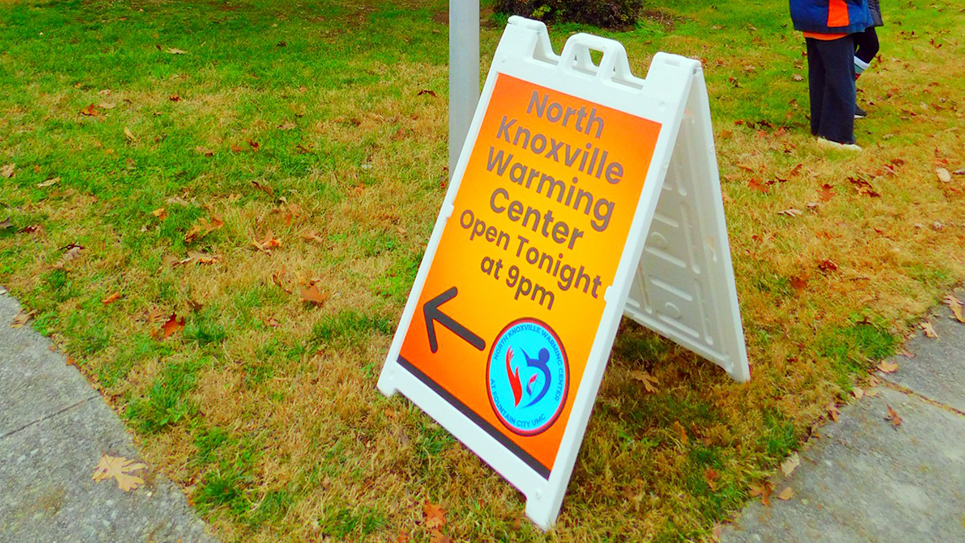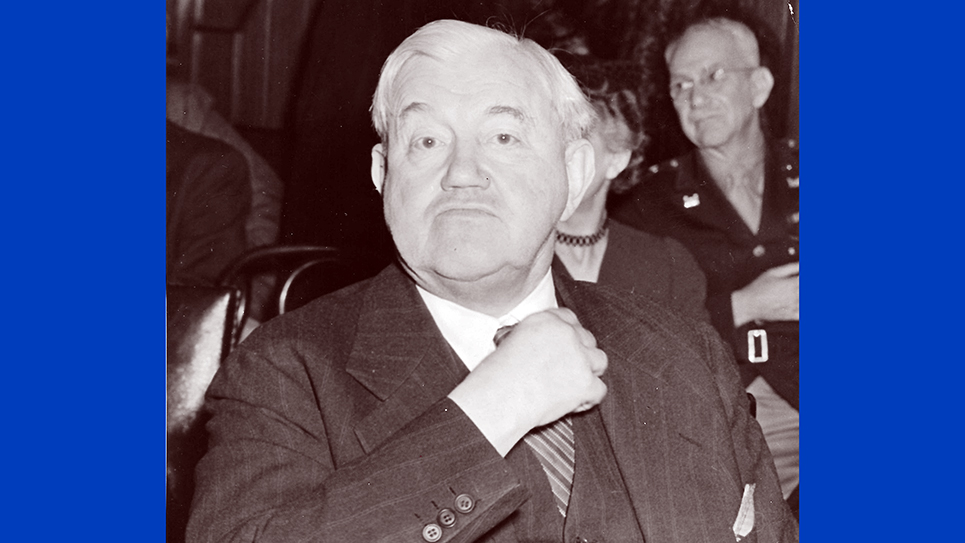Historians were intrigued to learn that on July 4th 1776, King George wrote in his diary that “Not much happened today.” I’ll cut the King some slack because there was no internet, nor phones or even telegraph in the 18th century. It would be months before George learned that the Revolutionary War (1776-1783), which changed the world, had already begun.
By comparison, one might also contend that March 14, has little cosmic significance. It is the day some celebrate the mathematical expression pi, and it is the birthday of Albert Einstein. However, I would not have been aware of these notables except they now coincide with the death of the celebrated theoretical physicist, Stephen Hawking (3.14.2018).
Many have heard of Hawking, but few can fathom his work regarding black holes, spacetime and cosmology. Most have heard of his fifty-five year battle with amyotrophic lateral sclerosis (ALS) also known as Lou Gehrig’s disease, after the celebrated baseball player who, in 1939, developed this terrible condition. The cause of ALS is not known, and only a small percentage is associated with genetic defects or inheritance. The disease causes progressive destruction of nerve cells leading to profound weakness, spasticity and ultimately an inability to walk, speak, swallow or even breathe. Every year 2-3 persons per 100,000 get ALS and most die in 4-5 years, though 10% survive more than 10 years.
My father was a mechanical engineer and could never fathom why his son did not share his penchant for mathematics. And though I don’t have the aptitude or training to understand the mathematical constructs of Hawking’s work, I comprehend some aspects of his cosmology after reading his sentinel book “A Brief History of Time” (1988). The book was written for average people to help them comprehend the universe in which we live. The 2014 biographical movie “The Theory of Everything” chronicled Hawking’s life and alluded to his discoveries of the universe. I guess the movie’s name was taken from the Holy Grail of physics which is to discover the relationship between the four fundamental forces of our universe (electromagnetism, the weak nuclear force, the strong nuclear force, and gravitation).
There are many stories about Hawking after his death. It is well known he was an eminent scientist and he was an atheist. The basis of science is observational reality, and yet at some level all facts are dependent upon comparison to a standard. This starting place (standard) must ultimately be accepted on faith. Hawking’s specialty was the study of black holes – celestial bodies so massive and their gravity so great that even light cannot escape, and consequently they appear black (to us). Hawking admitted that all observational reality and science break down at the boundaries of black holes and also in the quantum world. Even the Big Bang is an imagined construct because we can only look backward through time to a period 100 million years after our universe sprang forth from somewhere that didn’t even exist the instant before it began!
One of Hawking’s quotes caught my eye. Paraphrasing his observations, for millions of years humans were like other animals, and then “something happened.” Hawking traces this “something” to the development of language. Contrast this with Genesis 2:7. Understandably, it is through language we share our thoughts, and “None of us is as smart as all of us together,” goes the old saw.
One of my axioms is that “He who dies with the most books wins.” In my library alongside Hawking’s book is my collection of Gary Larson’s Far Side cartoons. One of my favorite cartoons depicts a gaggle of scientists in lab coats reviewing a colleague’s complex blackboard mathematical equation purported to explain the origin of life. Above the equal sign is written the magical ingredient, “Something Happened.” And so it did.
Earlier this month on National Geographic’s, Star Talk, Stephen Hawking said he knows what happened before the dawn of time, i.e. before the Big Bang. I don’t mean to disparage Dr. Hawking, who is an eminent theorist, but how could he observe or test his hypothesis? He can’t, because by definition all our observations are null and void before the moment everything began. At the risk of getting in the weeds, Hawking envisioned our “real time“ as linear. An example is a timeline. This western concept envisions a past, a present and a future time. By comparison, ancient eastern cultures viewed time as circular as did the Mayans of mesoAmerica. Using quantum theory, Hawking posits a different dimension of time before the Big Bang and calls it “imaginary time,” admitting there is no way this can be tested.
Again, I admit that I’m just one of the hoi polloi, but it amazes me to the extent that some will go to exclude the existence of a Creator. Causality is a notion attributed to Aristotle who argued that something cannot come from nothing. I’m here because of my parents and they existed because of their parents and so on down through the sands of time to the “Genesis” point where everything began.
I can comprehend the quantum world of the very small. I can imagine black holes as representative of the very large. And I realize that these extremes challenge our notions of science, observation, time and even reality. But even the quantum fluxes of electrons which enable my iPhone and computer to work, and the massive black holes which we observe bending the fabric of space and time, exist in our cosmos not in some pre-cosmos or imaginary time.
Scientists believe everything emanated from the Big Bang. Somewhere along the line, “something happened” and we developed intelligence, language, curiosity and then technology. But was it random or inevitable? I don’t think so. It is far more plausible that we are part of a majestic plan though it is often mysterious.
Albert Einstein once said, “There are only two ways to live your life: one is as though nothing is a miracle; the other is as though everything is a miracle.” I pray that Dr. Hawking has encountered the Miraculous and he is now dancing among the stars.






